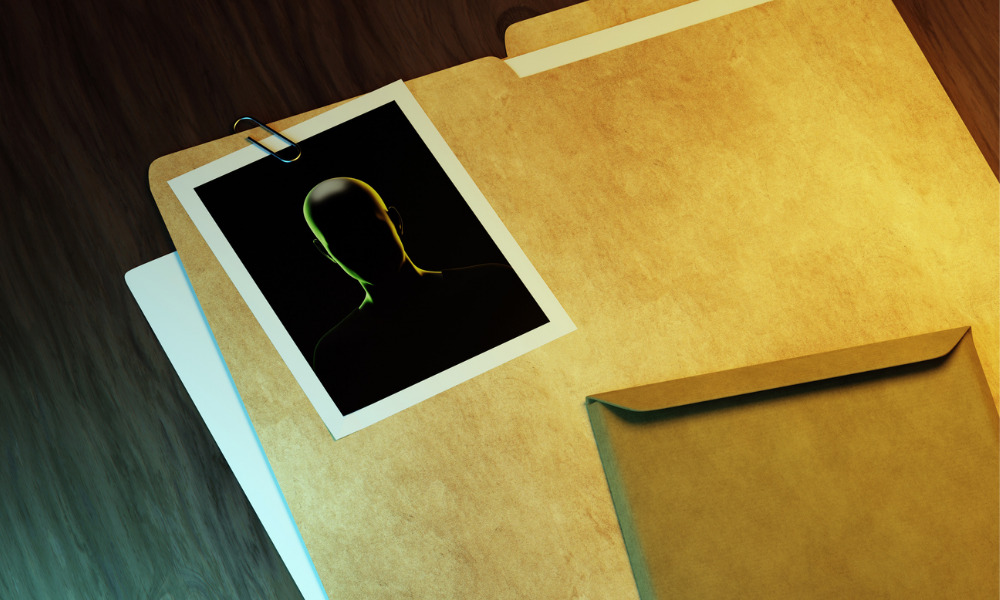
Factors set out in SCC decision applied in determining admissibility of photo line-up evidence

The Ontario Superior Court has ruled that evidence obtained at photo line-ups against a man charged with home invasion and robbery would be admissible in court.
In May 2017, Brent Down, an Owen Sound police officer, obtained a warrant seeking to download and search data from Jahmyle Johnson’s cellphone after he was arrested on drug trafficking charges.
Having learned that Johnson was a suspect in a shooting in Barrie, Down reviewed the cellphone’s browser history. He found queries about various crimes committed in Ontario, including both the Carron robbery and the Barrie shooting. He contacted Chris Fahey, an Ottawa Police Service detective, who was investigating the Carron robbery.
Fahey then arranged for photo line-ups with two witnesses and included a mug shot of Johnson. At the line-ups, both witnesses positively identified Johnson as one of the suspects in Carron robbery. Johnson was consequently arrested and charged.
In February 2021, Johnson sought an application under s. 8 of the Charter to exclude the cellphone’s browser history as evidence at trial. Given that the evidence was not in plain view during the search, Justice Sally Gomery granted the application.
At trial, the Crown sought to introduce statements made by the two witnesses at the photo line-ups. Johnson opposed and subsequently brought another application under s. 24(2) of the Charter. He alleged that the evidence obtained at the photo line-ups was the fruit of Down’s unlawful search of his cellphone in 2017 and its admission would bring the administration of justice into disrepute.
To determine whether the evidence obtained at the photo line-ups should be admitted, the Superior Court relied on a three-part test set out by the Supreme Court in R v. Grant, 2009 SCC 32. The Grant test required that when courts are faced with s. 24(2) applications, they must consider and balance the following factors:
In its decision, the court held that while the breach of Johnson’s rights against unreasonable search and seizure under s. 8 was moderately serious, the other two Grant factors weighed in favour of admitting the evidence obtained at the photo line-ups.
Regarding the second Grant factor, the court found that although Down’s review of the entire cellphone data had an intangible impact on Johnson’s dignity and privacy rights, the more consequential impact was the receipt by Fahey of the information about Johnson’s cellphone, thereby allowing him to identify Johnson as a suspect in the Carron robbery.
The court learned that as soon as Sarah Frith, the lead investigator in the Barrie shooting, was informed by Down about the cellphone’s browser history, she conducted a lawful search and contacted other police forces about their investigations. The court inferred that Fahey could get the same information from Frith without breaching Johnson’s rights. As a result, the Crown could obtain the evidence at the photo line-ups without the illegal search, the court added.
As to the third Grant factor, the court determined that the truth-seeking function of the criminal trial process would be better served by admitting the evidence obtained at the photo line-ups. Although neither of the photo line-ups yielded an unequivocal identification, the court noted, they generated other evidence germane to a determination on the merits of the case.